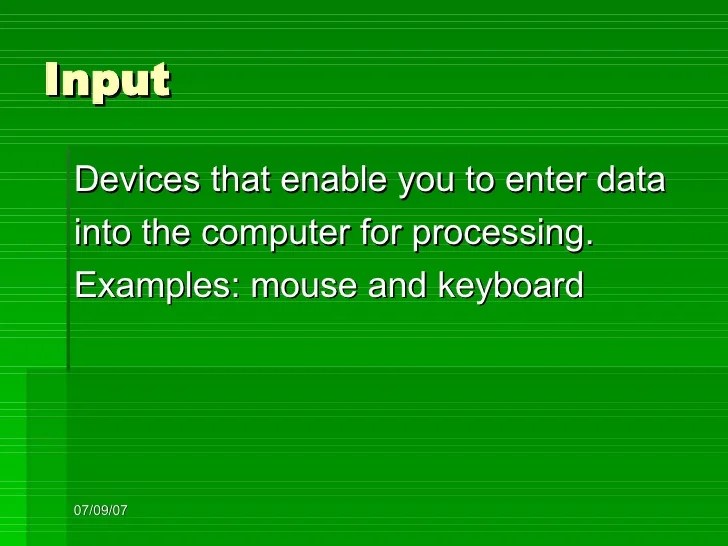The Definition Of Present. The period of time that is happening now; This concept is used in the valuation of stocks, bond pricing bond pricing the bond pricing formula calculates the present value.

In simple present, the action is simply mentioned and there is nothing being said about its completeness. A moment or period in time perceptible as intermediate between past and future; We use the present perfect to indicate a link between the present and the past.
To Aim, Point, Or Direct (Something, Such As A Weapon) So As To Face Something Or In A Particular Direction.
Something that you are given, without asking for it, on a special occasion, especially to show…. Do rita and angela live in manchester? Any continuous stretch of time including the moment of speech.
It Is A Period Of Time Between The Past And The Future, And Can Vary In Meaning From Being An Instant To A Day Or Longer.
1 to bring before the public in performance or exhibition. It is commonly referred to as a tense, although it also encodes certain information about aspect in addition to present time. Definition of present perfect tense.
The Simple Present Is The Most Commonly Used Verb Form In English, Accounting For More Than Half Of Verbs In Spoken.
We will present a performance of our town tomorrow evening. This page contains examples of the present tense and has an. In other words, the time of the action is before now but not stated.
To Act The Part Of :
Knows is a present form in he knows that. Grammarly stands with our friends, colleagues, and family in ukraine, and with all people of ukraine. Presents definition at dictionary.com, a free online dictionary with pronunciation, synonyms and translation.
In 1987, The United Nations Brundtland Commission Defined Sustainability As “Meeting The Needs Of The Present Without Compromising The Ability Of Future Generations To Meet Their Own Needs.
It is used to talk about an action which happens on a regular basis. The present is the time that is associated with the events perceived directly and in the first time, not as a recollection or a speculation. This tense forms by have/has + the past participle.










